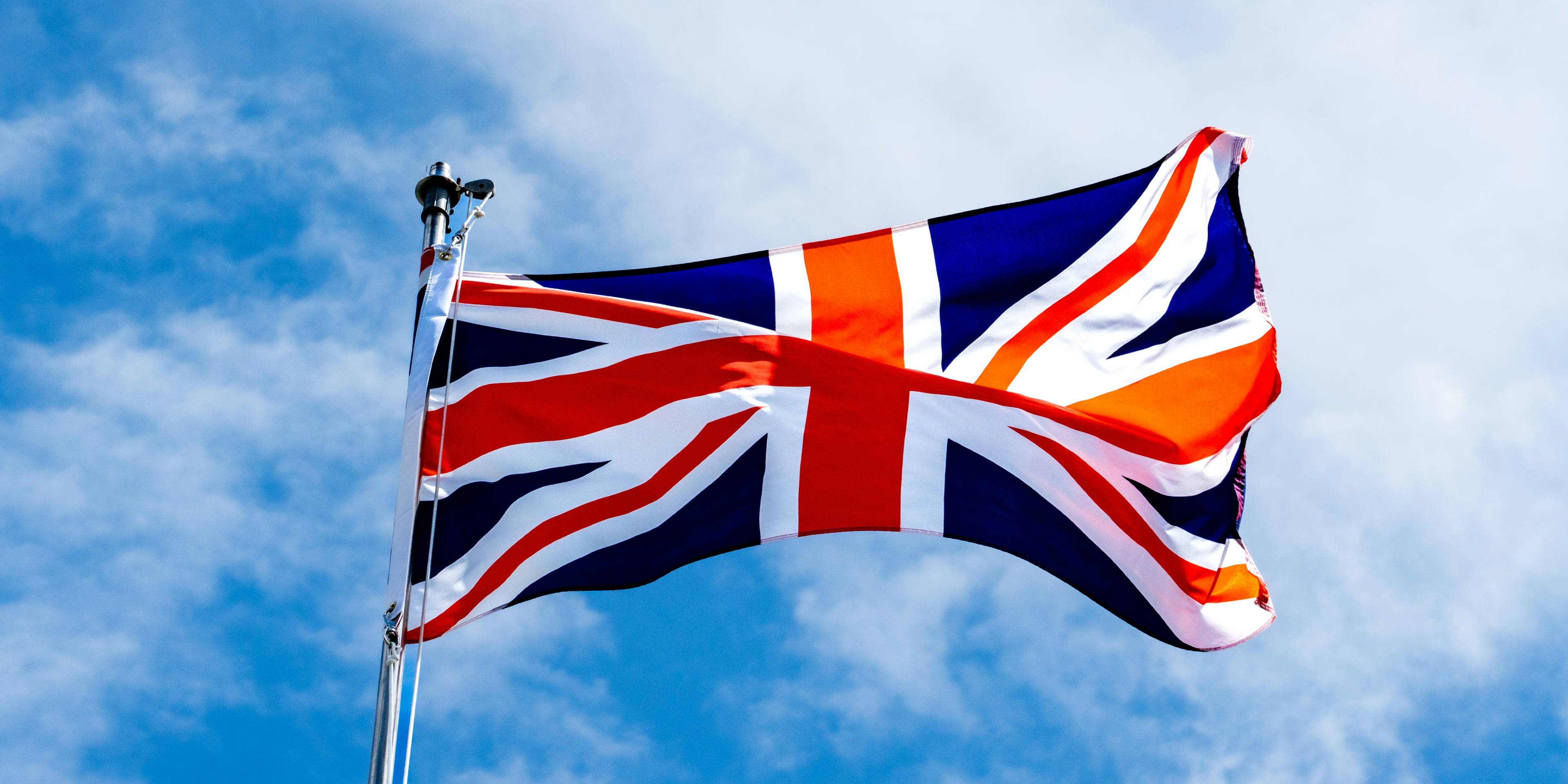Pensions for children – what you need to know
If you set up a child pension while your children are young, you’re putting them on the path to future financial wellbeing. We explain why starting early means starting right.
At a glance
- Opening a child’s pension is one of the most tax-efficient ways to save for your child’s long-term future – and it can help mitigate your own Inheritance Tax liability too.
- Only a parent or guardian can set up a pension for a child, but then anyone can contribute.
- By starting early, even small contributions to a child’s pension have time to grow, with the power of compounding.
Children’s pensions. They might not be top of mind while you’re still reading bedtime stories and helping with homework. But investing in a pension for your children can set them up for long-term financial wellbeing.
Why consider opening a pension for your child?
With many savings accounts and Junior ISAs on the market, child pensions or Junior Pensions as they’re also referred to can be easy to overlook. But setting up a pension while your children are still young means even small contributions have plenty of time to grow – and there are tax benefits for you too. Financial advice can help you choose the most tax-efficient ways to save – and start to transfer wealth to the next generation.
Like an adult pension, eligible contributions receive a 20% cash boost from the government in the form of tax relief, even though they are unlikely to be paying any tax - something you won’t get from an ISA, or a cash savings account.
Saving into a child’s pension can help reduce your own Inheritance Tax (IHT) liability by steadily reducing the size of your estate, too. Your pension contributions may count as part of your £3,000 annual exemption which is the amount you can give away annually without it being added to the value of your estate. Alternatively, if you’re able to contribute regularly from your surplus income, they may also be free from IHT.
When can you open a pension for a child?
A child can have a pension from birth – there’s no minimum age. Only a parent or guardian can set up a child pension, but once it’s up and running, anyone can contribute – parents, grandparents, godparents, friends or other family members.
As parent or guardian, you’ll look after your child’s pension until they turn 18, at which point they take over. But they won’t be able to access their pension until they reach the normal minimum pension age, which will rise to 57 in 2028 and is expected to rise after that.
Any growth generated by the pension won’t be liable for Income Tax, or Capital Gains Tax. Though when your child eventually comes to draw down on it, they will need to pay Income Tax, under relevant regulations.
How much can you pay into a child’s pension?
At present, you can pay up to £2,880 into a child’s pension for the 2025/26 tax year. When you factor in the 20% in tax relief from the government, this adds up to £3,600.
Starting early and saving regularly
Compounding one of the key reasons to save little and often over a long period of time.
Essentially, compounding is earning interest on your interest. When the money generated by your investments is reinvested, it has the potential to generate its own growth. So, the longer money is invested, the greater the benefit will be.
In addition, as children have time on their side, you may feel comfortable accepting a higher level of risk with their pension investments than you would with your own. It's not unusual for younger investors to be fully invested into equity funds, for example. But always seek financial advice before you come to a final decision.
Helping a child save into a pension is a practical way to show them how compound interest works and teach them good savings habits. And that’s one of the best investments you can make to set your child up for a financially secure future.
Do I need to stop making contributions to my child’s pension once they turn 18?
You can keep putting money into your child’s pension even once they turn 18. Pension contributions aren’t often top of a twenty-something’s priorities, but continuing to contribute to their pension means you’re helping invest in their future, while they focus on building their career, or paying off a student loan.
How else can I invest in my family’s future?
Starting and contributing to a child’s pension isn’t the only way to save for their future. A Junior ISA (JISA) is another popular choice.
Like a Junior pension, a JISA must be opened by a parent or legal guardian, but after that, anyone can contribute. As with other ISAs, any returns won’t be subject to Income Tax or Capital Gains Tax, making it a win for you, as well as for them. By gifting money to your children, you’re removing money from your own estate, which could help reduce any IHT when you die.
As of the 2025/26 tax year, you can contribute £9,000 per child into a JISA each year. Your JISA can be either Stocks and Shares, Cash or a mix of both. Keep in mind that the annual contribution limits that come with ISAs is one that you must ‘use or lose’ – you can’t roll it over into another year.
Improving the financial future of you and your family
Taking financial advice will help you find the right balance between paying for your children’s needs now, saving for their future, and making sure your own future is financially secure.
Before setting up a pension for your child, you should have a savings safety net and protection and be certain that you’re saving enough for your own retirement. Financial advice can help you make sure you don’t give away more than you can afford.
Financial advice will help you and your family face the future with confidence. So if you’d like to talk more about the best ways to invest for your children’s future, get in touch.
The value of an investment with St. James's Place will be directly linked to the performance of the funds selected and may fall as well as rise. You may get back less than the amount invested.
An investment in a Stocks and Shares ISA will not provide the same security of capital associated with a Cash ISA.
Please note, Cash ISAs are not available through St. James's Place.
The levels and bases of taxation, and reliefs from taxation, can change at any time and are generally dependent on individual circumstances.






